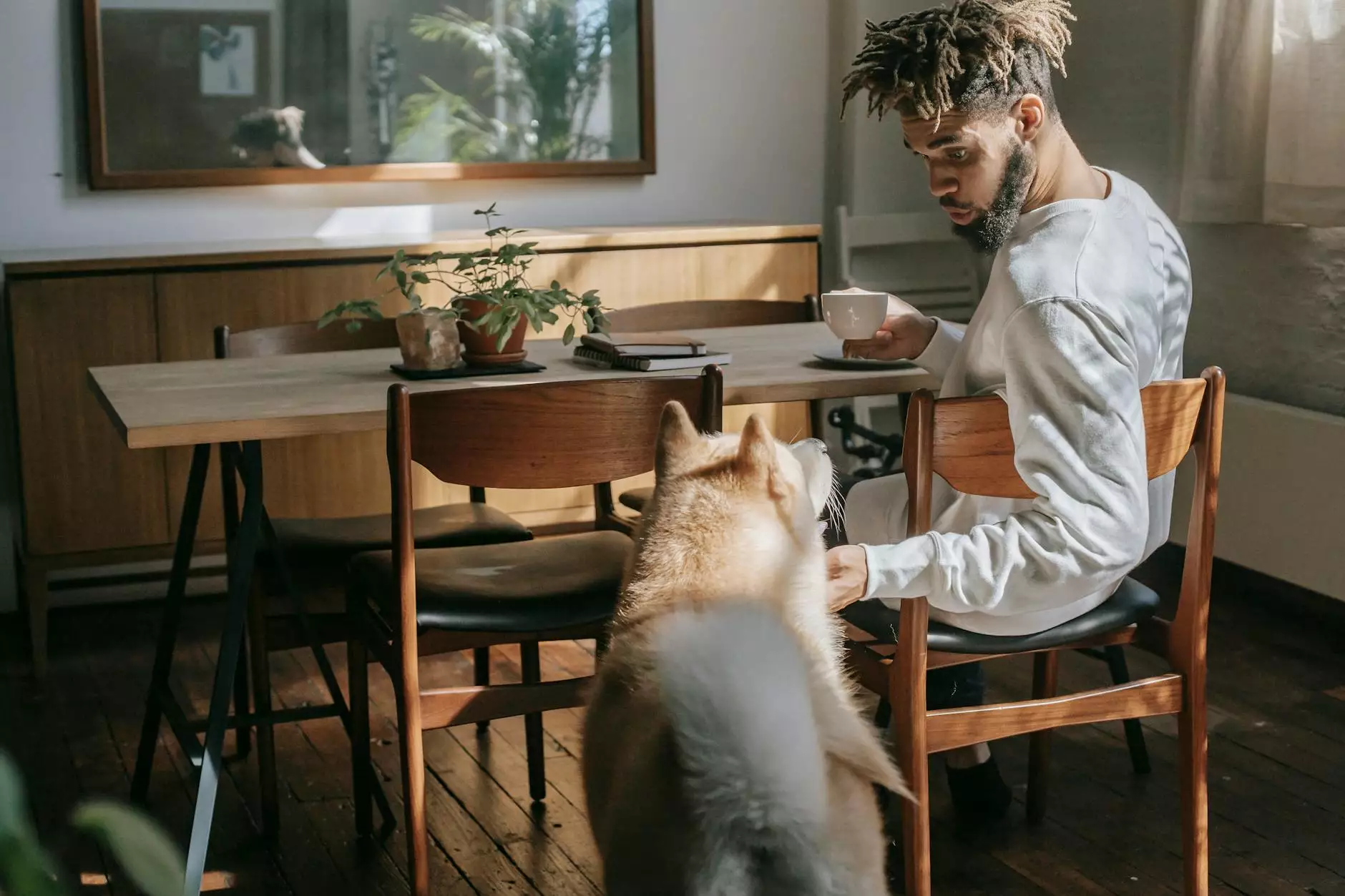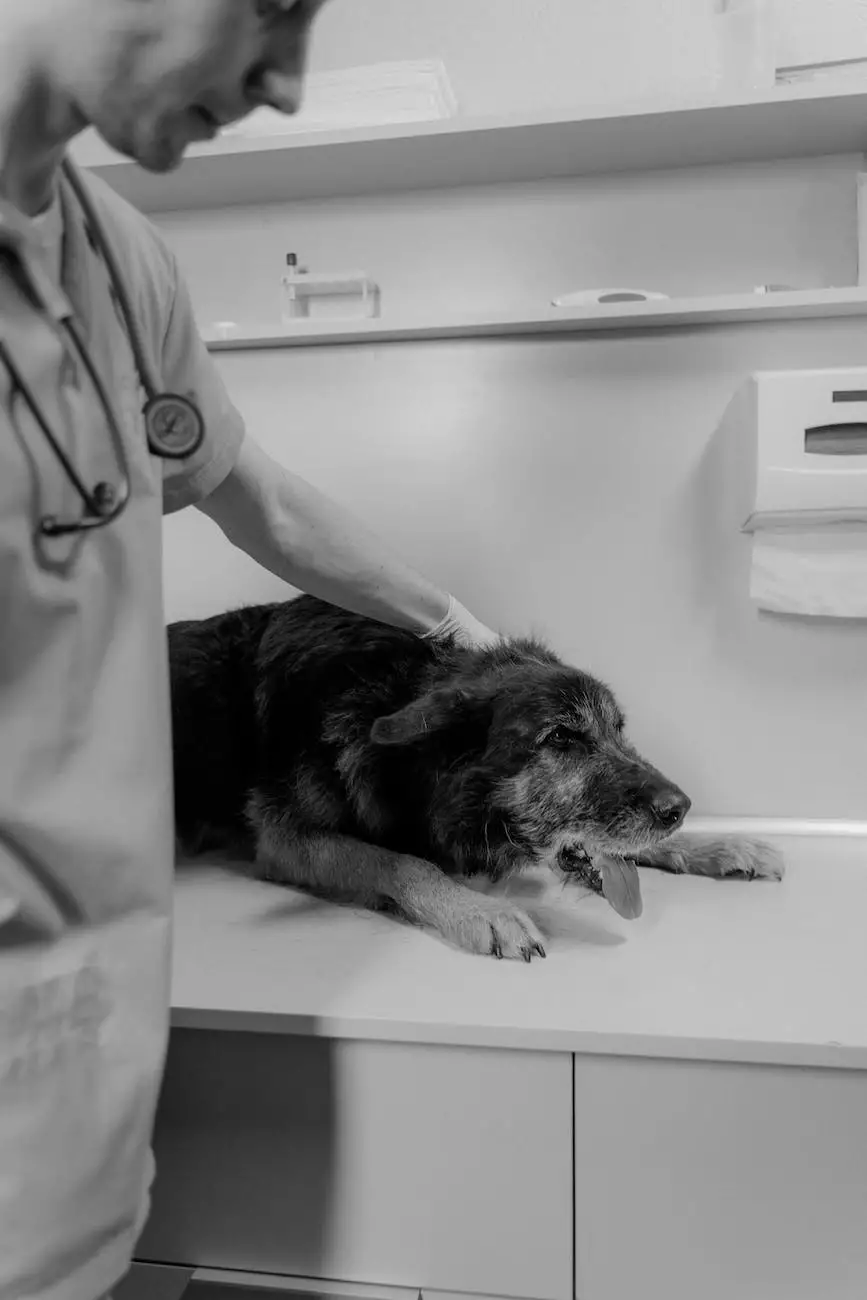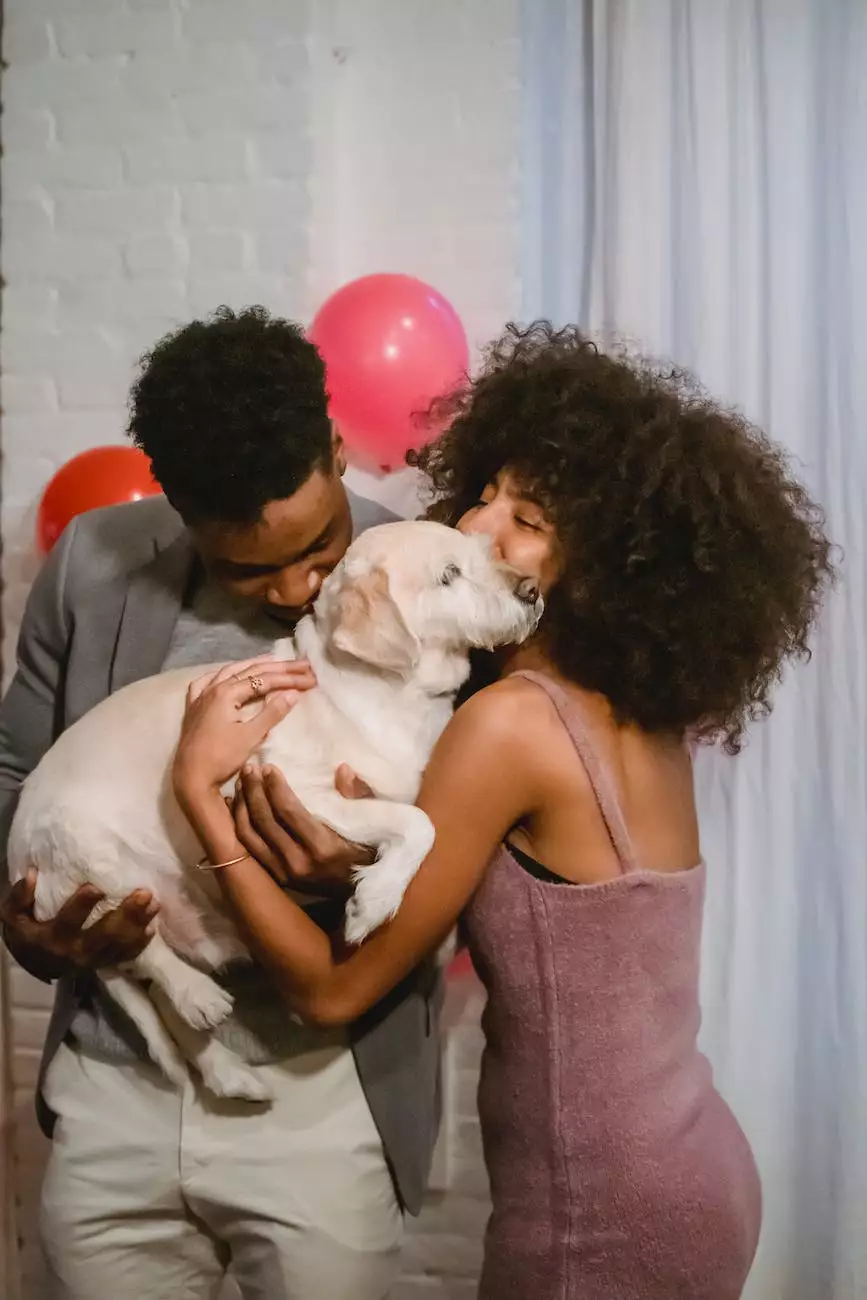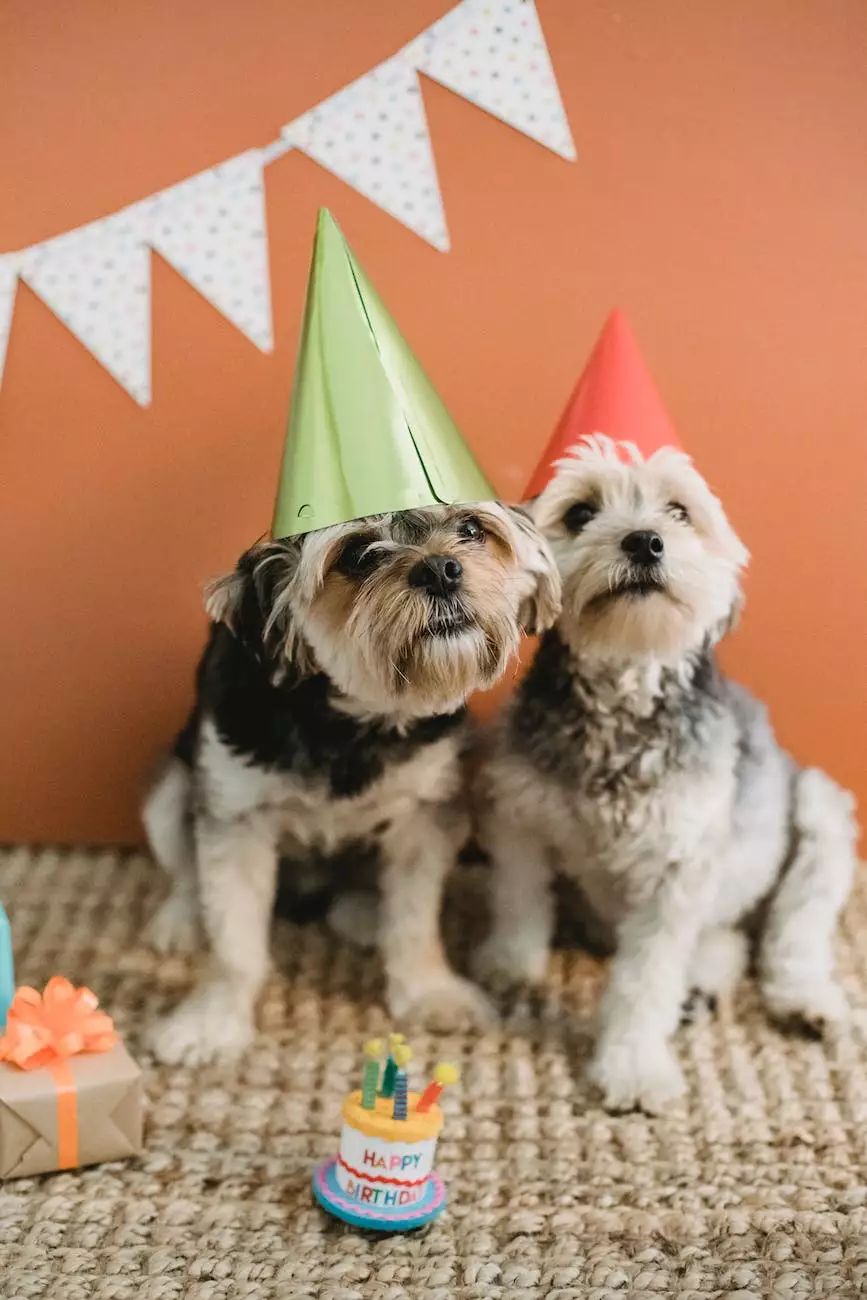Snap, crackle, pop! Why is my dog scared of certain noises?
Blog
At Rosey Dog Care, we understand that many pet owners have concerns about their dogs being scared of certain noises. It can be distressing to see your beloved furry friend cower in fear or exhibit anxious behaviors whenever a loud noise occurs. In this comprehensive guide, we will explore the reasons behind this fear and provide you with practical tips to help your dog overcome it.
Understanding Noise Phobia in Dogs
Noise phobia, also known as noise aversion or fear of loud noises, is a common issue in dogs. It is characterized by an exaggerated fear response to specific sounds or even general loud noises. Dogs with noise phobia may display symptoms such as trembling, panting, pacing, and seeking shelter.
There are various reasons why dogs develop noise phobia. Here are a few possible factors:
- Past Traumatic Experience: Dogs may develop a fear of certain noises if they have experienced a traumatic event associated with those sounds. For example, a dog that was scared by fireworks during its early development stages may develop a lasting fear of fireworks.
- Genetics: Some dog breeds have a higher predisposition to noise sensitivity and phobia. Breeds like Border Collies, German Shepherds, and Cavalier King Charles Spaniels are known to be more prone to noise-related anxiety.
- Lack of Exposure: Dogs that haven't been properly socialized or exposed to various sounds during their critical socialization period may be more likely to develop noise phobia.
- Sensitivity to Frequencies: Dogs have a more acute sense of hearing compared to humans. Certain frequencies of sounds, such as thunder or fireworks, can be amplified and overwhelming to them.
The Impact of Noise Phobia on Dogs
Noise phobia can significantly affect a dog's overall well-being. The fear and anxiety associated with certain noises can lead to behavioral issues, including aggression, destructive behavior, and self-harm.
Additionally, dogs with noise phobia may experience physical symptoms such as increased heart rate, excessive drooling, and gastrointestinal distress. It is essential to address this issue promptly to prevent further negative impacts on your dog's health and behavior.
Tips to Help Your Dog Overcome Noise Phobia
1. Create a Safe Space
Designate a comfortable and secure area in your home where your dog can retreat during noisy situations. This space should be quiet, dimly lit, and equipped with comforting items like their favorite toys, blankets, or a cozy bed. Encourage your dog to go to this space whenever they feel anxious or scared.
2. Counter-Conditioning and Desensitization
Gradually expose your dog to the noises they fear in a controlled and positive manner. Start with low-intensity sounds and gradually increase the volume over time. Pair these sounds with positive experiences, such as treats, playtime, or gentle praise. This process helps your dog associate the feared noise with positive outcomes, gradually reducing their fear response.
3. Calming Techniques
Utilize calming techniques to help your dog relax during noisy events. This can include using a thundershirt or anxiety wrap, playing soothing music or white noise, or using pheromone diffusers. Consult with your veterinarian to explore additional calming options like natural supplements or medications, if necessary.
4. Behavior Modification Training
Enlist the help of a professional dog trainer or behaviorist experienced in working with noise phobia. They can develop a customized behavior modification plan to address your dog's specific fear triggers. This may involve a combination of desensitization exercises, positive reinforcement, and gradual exposure to the feared noises.
5. Avoid Reinforcing Fear
Avoid comforting your dog excessively or rewarding fearful behavior during noise events. While it is natural to want to console your pet, this can inadvertently reinforce the fear response. Instead, focus on redirecting their attention to positive stimuli or engaging them in an enjoyable activity to distract from the noise.
6. Consult with a Veterinarian
If your dog's noise phobia is severe or persists despite your best efforts, it is crucial to consult with a veterinarian. They can rule out any underlying medical conditions and provide guidance on potential medication or additional therapies that may help alleviate your dog's fear.
Contact Rosey Dog Care for Expert Advice and Support
At Rosey Dog Care, we are committed to ensuring the well-being of your furry companions. Our team of professionals understands the unique challenges faced by dogs with noise phobia and can provide you with expert advice and support.
As a trusted source for pet food and supplies, we offer a wide range of products designed to promote your dog's overall health and happiness. From high-quality food options to anxiety-relieving products, we have everything you need to provide the best care for your dog.
Don't let your dog's fear of certain noises hinder their quality of life. Contact Rosey Dog Care today and let us help you and your furry friend overcome noise phobia together.




